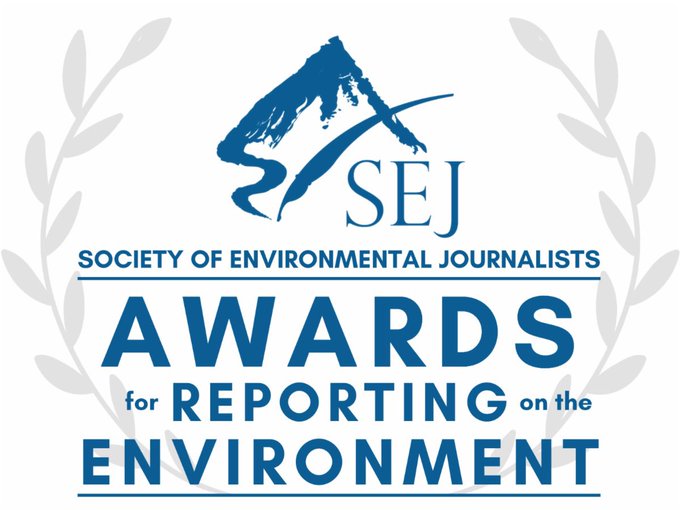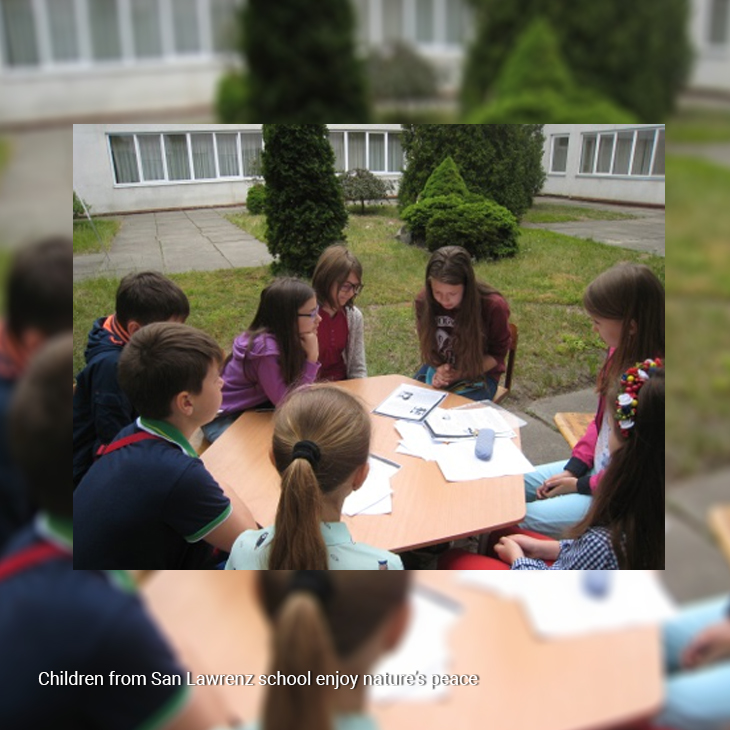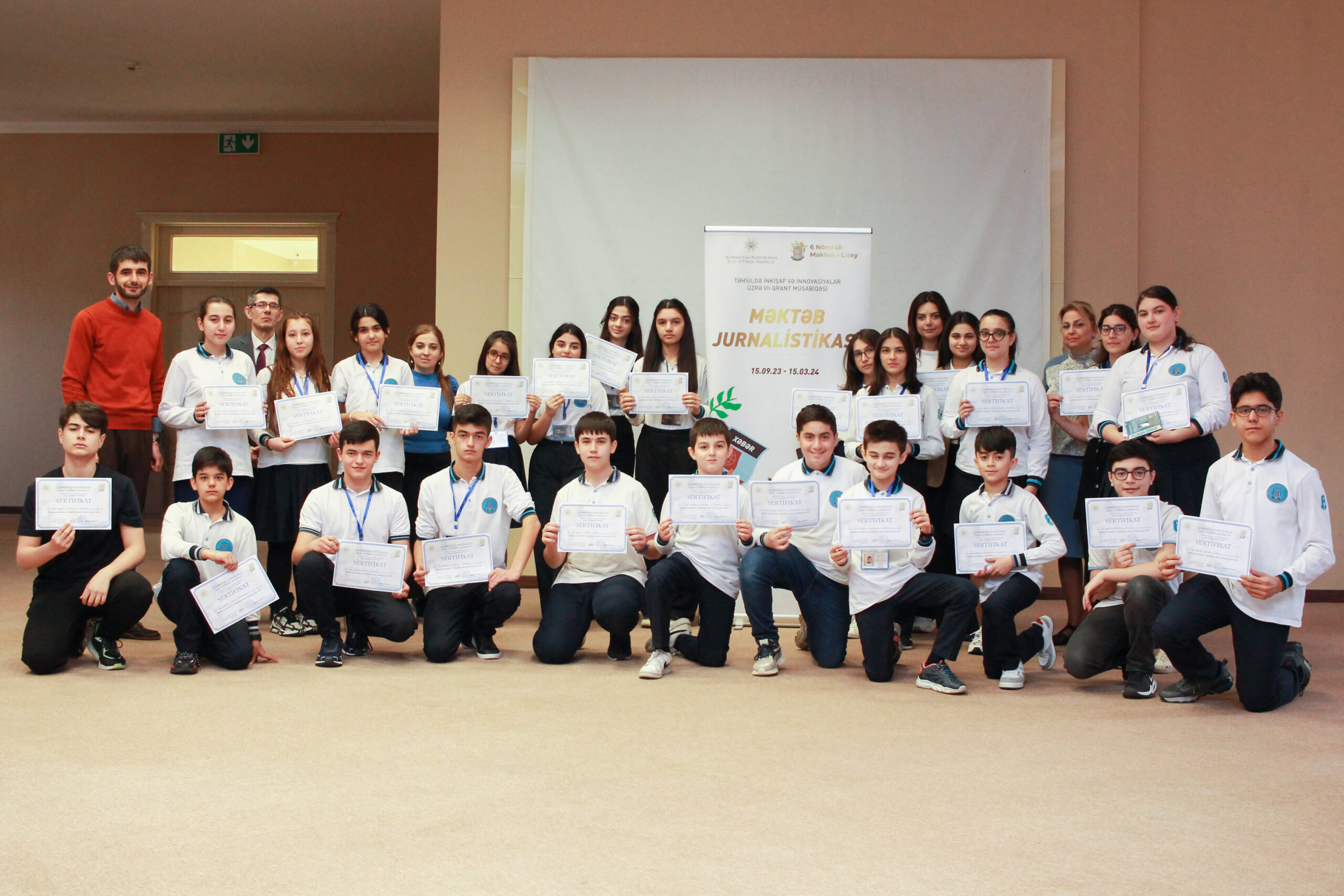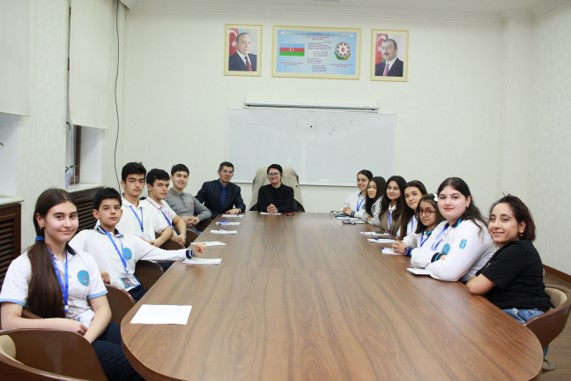Whether in paint used at home on walls, or even covering children’s toys, lead paint can in many countries be more present in our daily lives than we realise.
The heavy metal affects multiple body systems and is particularly harmful to young children, provoking intellectual disabilities in 600,000 children* each year worldwide. In response, UN Environment has overseen the preparation of a list of actions which Moldova has agreed to take on to stamp out lead paint in the country.
The country is currently adopting relevant legislation which will ban paints containing more lead than the safe threshold of 90 parts per million. This will apply to all paints produced and imported in the country and will include controls and penalties for violators.
Various affected members of society that stand to be affected were consulted, including paint companies, health professionals and government agencies, and awareness raised on the need for legal controls.
Last year, UN Environment organised a regional workshop gathering representatives from 17 countries to discuss safe and inexpensive alternatives to lead and offer assistance in preparing legislation to combat the problem.
Several states have since expressed an interest to end lead in paint. The topic is currently also being addressed at a major meeting on the sustainable management of chemicals taking place in Brasilia under the scope of the Strategic Approach to International Chemicals Management (SAICM).
If this interests you, find out more on the problem of lead in toys, the effects of lead on our bodies and on SAICM on p.96, 202-3, 238 and 243-4 of the sixth Global Environment Outlook report for the pan-European region.
Boost your knowledge on topical environmental issues and how they affect our daily lives!







